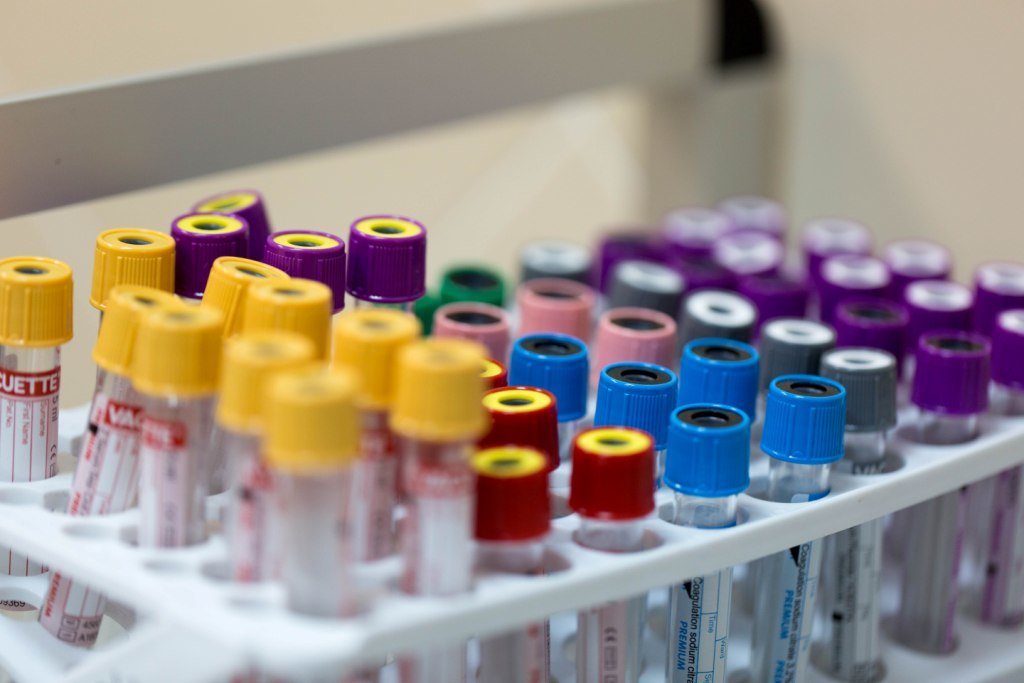Endocrinology
Endocrinology is a branch of medicine dealing with the endocrine system, its diseases, and its specific secretions known as hormones. It is also concerned with the integration of developmental events proliferation, growth, and differentiation, and the psychological or behavioral activities of metabolism, growth and development, tissue function, sleep, digestion, respiration, excretion, mood, stress, movement, reproduction and sensory perception caused by hormones.

Diabetology is a specialized field of endocrinology, it is the clinical science of diabetes mellitus, its diagnosis, treatment and follow-up. The recent years we have got absolutely new knowledge about this disease, as a result a new field of endocrinology appeared.
An endocrinologist deals with treatment and diagnostics of a number of diseases like:
- Diabetes mellitus.
- Fatness and cardiometabolic syndrome.
- Hormone-active tumor of pancreas.
- Hyperthyroidism (thyrotoxicosis).
- Hypothyroidism.
- Derbyshire neck.
- Basedow's syndrome.
- Thyroadenitis
- Toxic adenoma of the thyroid gland.
- Thyroid cancer.
- Hypoparathyroidism.
- Hyperparathyroidism.
- Empty sella syndrome.
- Juvenile diencephalic syndrome.
- Hyperprolactinemia.
- Hypopituitary syndrome.
- Syndrome of inappropriate antidiuretic hormone secretion.
- Diabetes insipidus.
- Giantism.
- Acromegalia.
- Syndrome of somatotropic hormone with adults.
- Pituitary dwarfism (short stature).
- Cushing's syndrome and disease.
- Congenital adrenal hyperplasia.
- Hyperaldosteronism.
- Adrenal insufficiency.
- Chromaffinoma.
- Woman’s hypogenitalism.
- Man’s hypogenitalism
- Androgen producing tumors.
- Gonadotropin producing tumors of hypophysis.
To detect hormone imbalance firstly it should be fixed, to do it the hormones should be measured. Another task of an endocrinologist is to find a reason of hormone imbalance, as it can occur not because of endocrine problems, but also because of liver or renal system damage, pregnancy or because of stress. If an endocrinologist sees that hormone imbalance is caused by other reasons, a patient is referred to another specialist.
Usually, endocrinologists advise to do these tests:
- Clinical blood analysis.
- Common urine analysis.
- Biochemical blood assay.
- Urine and blood test for hormones.
- Diagnostic tests.
- Molecular genetic test.
- Immunologic blood test.
Among well-known symptoms of endocrine diseases are:
- Dry mouth.
- Sickness, fatiguability, weakening.
- Nervousness, irritation, easy crying.
- Sleep loss or other sleep disorders.
- Shaky hands.
- Rapid heartbeat.
- Rigor, cold extremities /hot flash, hyperhydrosis.
- Frequent urination.
- Pain or unpleasant feelings in neck, globus pharyngis.
- Overweight, stretch marks on body.
- Wild weight swings.
- Poor skin, hair, nails.
- Spontaneous fracture.
- Menstrual disorders.
- Absence of plan pregnancies during 1 year or more.
Many endocrine diseases can be predicted beforehand, so it is better not to delay a visit to an endocrinologist. An endocrinologist detects all endocrine disorders and can help to avoid many serious diseases. But when any endocrine disease is detected, Russian endocrinologists will help to treat them in time.

«Health and Travel» is your expert in the field of Medicine and Tourism!

